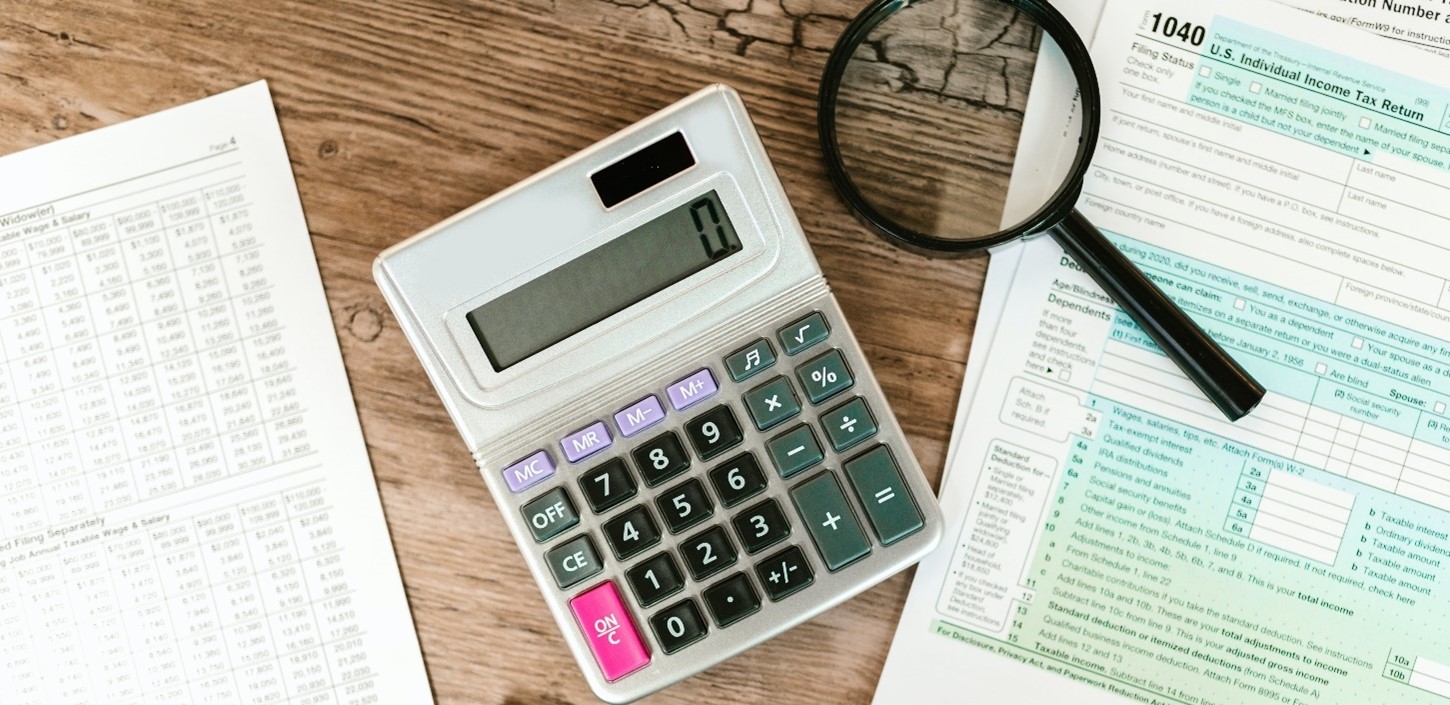Category: Taxes
-

Should I Claim a Home Office Deduction?
Some taxpayers can claim a break for the expenses involved with their home offices. Eligible taxpayers use their home office space “regularly and exclusively” for the purpose of their businesses, according to the Internal Revenue Service. This is the case for both deed holders and renters. Although the deductible amount is limited, it’s worth knowing…
-

Reporting a Home Sale? What to Know About Capital Gains Tax (Even If You’re Exempt)
Hopeful buyers have struggled on and on with real estate price surges. Those who have managed to break into this market have watched their home values surge, too. When these homeowners decide to sell, the profits they accumulated in their homes are known to the Internal Revenue Service (IRS) as capital gains. People who sold…
-

Added to a Deed: What Are the Tax Consequences?
It’s a common question. You’re going to be added onto someone’s deed. Will you have to declare your new homeownership to the IRS? An acquisition of real estate is not considered income. But being named on a deed could still implicate taxes. Let’s explore why.
-
The 1031 Exchange Helps Real Estate Buyers Avoid Tax. Joe Biden’s Not a Fan.
The president’s proposed 2024 budget would end the famous 1031 exchange, a popular tax rule that helps property sellers avoid capital gains tax. Basically, it’s a way of swapping one investment property for another. But Joe Biden’s budget calls it an “indefinite interest-free loan from the government.” This tax loophole, as the White House describes…
-
Tax Liens, Deeds…And Scams
“We don’t pay taxes. Only the little people pay taxes.” – Leona Helmsley The Business of Unpaid Real Estate Taxes Mortgage holders do pay taxes. Property taxes come right out of an escrow account held by the mortgage company, which the homeowner funds through monthly mortgage payments. But some people do not have mortgages, and…
-
For Home Sellers: Capital Gains Tax 101
Many people sell their homes for more than they cost in the first place. If you are in this fortunate situation, and your home has appreciated in value, you could be required to pay capital gain taxes — not on the whole sale, but on the profit your home has earned for you over time.…
-
For Property Investors: Six Steps to a 1031 Exchange
Owners of U.S. investment or business properties should know about a key tax-deferral provision allowed by the Internal Revenue Service: the 1031 exchange. Also called a like-kind exchange, it’s a way of swapping one investment property for another. Upgrading to a more valuable investment property would usually involve a taxable sale. But by carrying out…
-

Is a Quitclaim Deed Subject to Tax?
Quitclaims are sometimes used to transfer property interests from one family member to another, or between divorcing spouses. Parents might wonder if they should use quitclaims to pass property to children to avoid the probate process. It’s easy enough to do. The homeowner signs the document with a notary, takes it to the county recorder…
-
Real Estate Tax Changes Could Be Coming: Spotlight on Capital Gains and the Stepped-Up Cost Basis
A new administration might bring real estate tax changes. No matter what happens in this area, it’s worthwhile to know what’s going on that might affect your plans to bequeath your real estate. So here we take a look at taxes on capital gains, and then at one form of tax relief that’s now a…
-
How Not to Overpay Your Property Taxes
Homeowners pay taxes on their real estate to fund local services. Renters, too, pay property taxes, as they’re rolled into monthly rent charges. The property taxes we all pay go to sustain libraries and schools, emergency services, environmental projects, sewer work and road maintenance. How much is one property’s share? To determine this amount, an…
-
The Tax Lien Cometh
Back Taxes Can Impact Your Real Estate Title. Here’s How to Deal With Them. What happens when a taxpayer doesn’t pay tax? If the Internal Revenue Service is slighted, it follows its age-old tradition and imposes a tax lien on the person’s property. Boats, financial accounts, the house — an IRS lien attaches to everything.…




